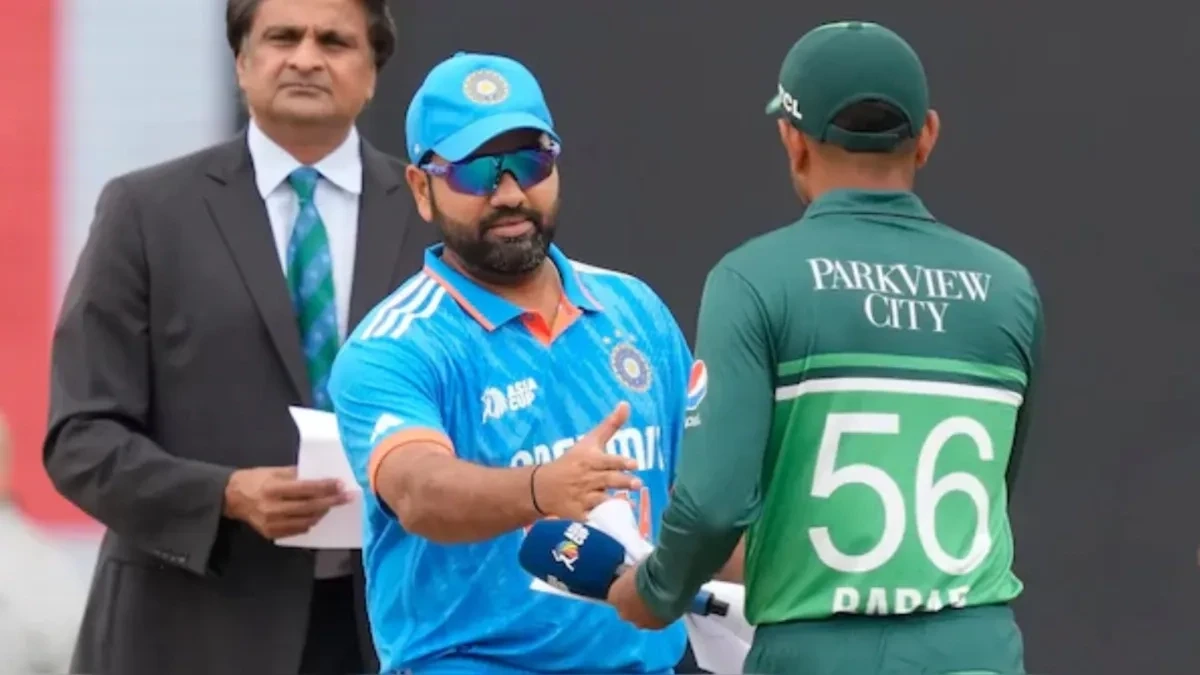Uncertainty looms large over Asia Cup 2025, originally slated for September, as strained diplomatic ties between India and Pakistan cast a shadow on the event’s fate.
The fallout from the Pahalgam terror attack in April has significantly impacted bilateral relations, stalling not just diplomatic engagement but sporting ties as well.
The tensions came to a head last Sunday when the much-anticipated India vs Pakistan clash at the World Championship of Legends was abruptly called off. Several Indian players opted out, leading to the fixture’s cancellation.
In a related development, reports now suggest that Pakistan’s government is unlikely to permit its national hockey team to travel to India for next month’s Asia Cup, further deepening the divide.
With India named as the official host for the upcoming Asia Cup 2025, the Asian Cricket Council (ACC) is under pressure. Despite September being widely speculated as the unofficial window for the tournament, the ACC is yet to release an official schedule or venue details. A crucial meeting, initially scheduled for July 24 in Dhaka to finalise these matters, has been indefinitely postponed after the BCCI declined to send representatives.
Adding to the complexity, the ACC is currently chaired by PCB head and Pakistan’s Interior Minister, Mohsin Naqvi. Sources from ANI allege that Naqvi is applying “unnecessary pressure” on India regarding the proposed meeting. The BCCI, meanwhile, has reportedly requested a change in meeting location – a request still awaiting a formal response.
The situation has now escalated beyond the boundaries of sport. According to a Cricbuzz report, “It now seems the event has turned into a geopolitical matter. Aminul Islam,( the interim head of the BCB) could have handled the situation more carefully when approached by the PCB president to host the meeting,” said an insider.
“I think he could have taken more time because, in situations like this, taking time is part of the game. Probably due to inexperience, he agreed to host it without fully understanding the geopolitical implications,” the source added.
As it stands, the future of the Asia Cup T20 remains uncertain – a reflection of the increasingly complex intersection between politics and sport in sub-continent region.
